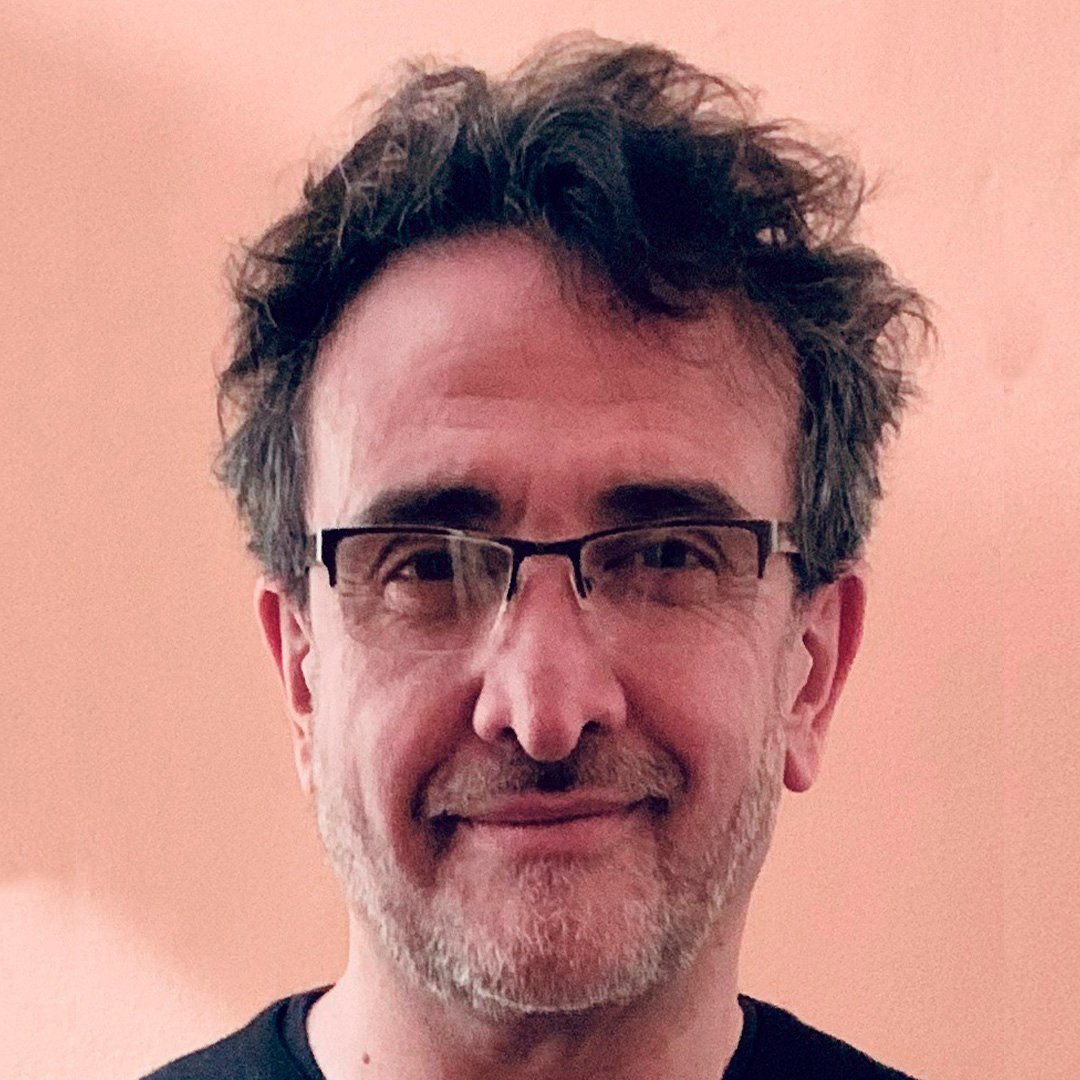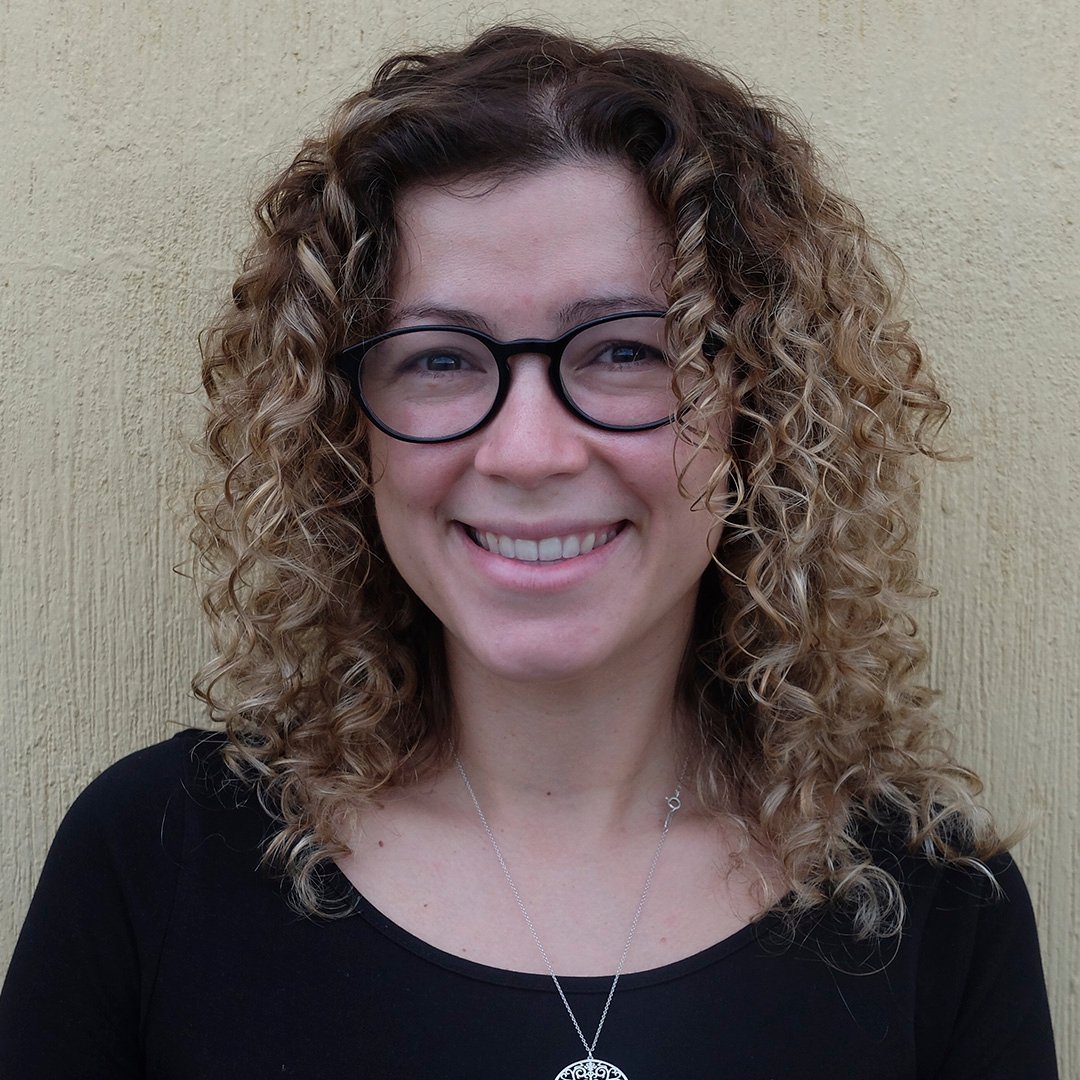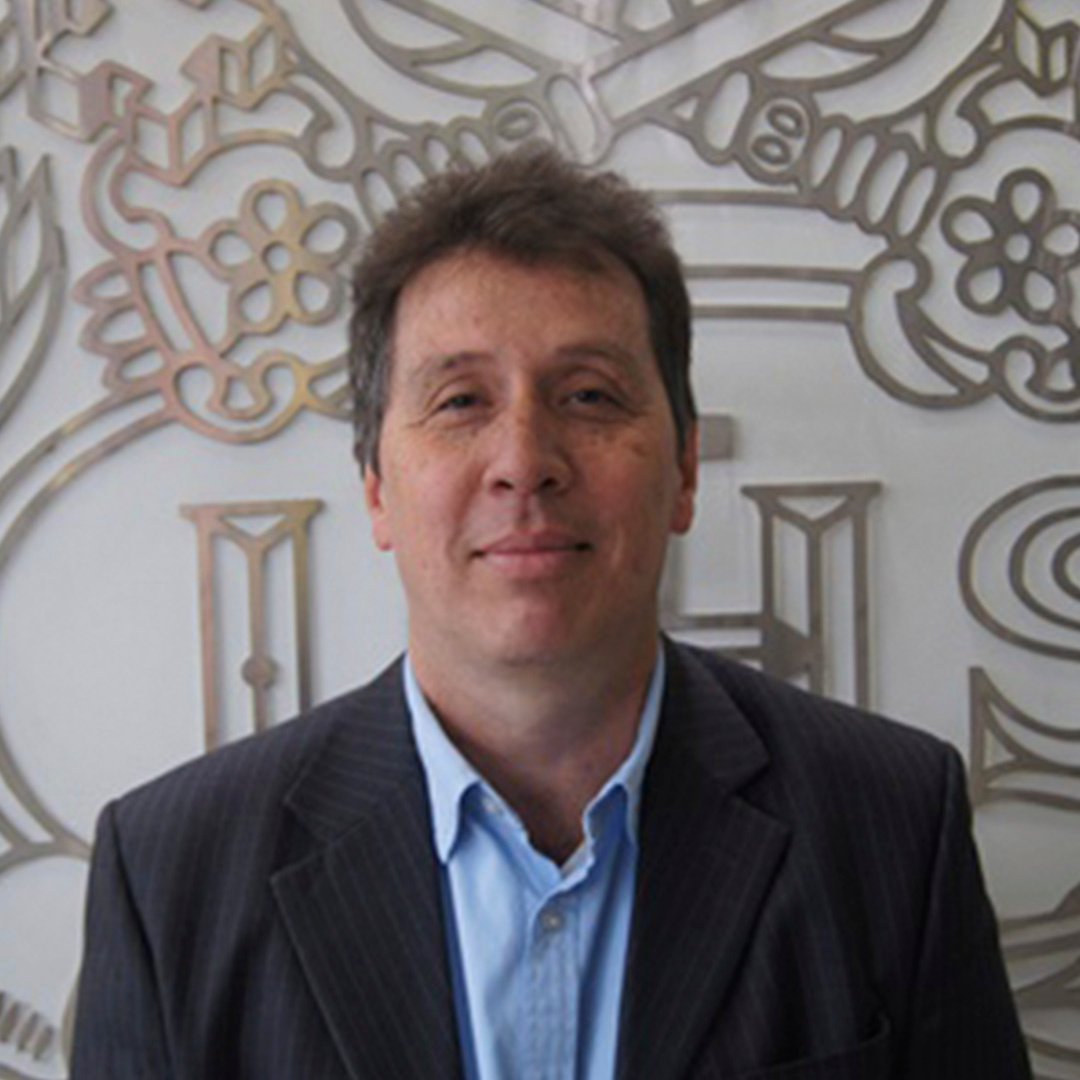About CLIPSS
The Latin American Collaboration for Research in Health Policies and Systems (CLIPSS in Spanish) is a cooperation network that brings together all Latin American countries.
We seek to work to strengthen research and facilitate access to evidence-based information throughout the region.
Based on a shared agenda of postgraduate education and research programs, we accompany decision makers, civil society leaders and academics who are involved in the field of health, promoting more resilient and responsive systems.
CLIPSS belongs to the project Strengthening Agency and Learning in Latin American Health Systems (SALHSA), a consortium made up of the University of Bergen (UiB) of Norway, the Pontificia Universidad Javeriana (PUJ) of Colombia and the Center for State and Society Studies (CEDES) of Argentina.
The project facilitates access to postgraduate education, promotes professional development, encourages nested research and supports a network of researchers, professionals and decision makers to act on the four key challenges of the region:

Financing of the health system

Human talent for health

Primary Health Care

Health system governance and regulation
¿Why did we create CLIPSS?
Latin America has been called the most unequal region in the world and its countries present great variations in terms of their economic and social development. This has had serious consequences for health systems that are characterized by deep rooted inequalities in historical, social, political and economic contexts. As a result, there are large differences in health progress both regionally and within each country.
The sector reforms implemented during the last decades of the 20th century aimed to improve levels of equity, effectiveness and coverage but produced mixed and overall results. That is, they did not act on the systemic problems that existed and still exist today.
There are currently 4 key areas that need to be worked on:
Improve access through the development of pro-equity policies and the strengthening of health systems.
The epidemiological transition and the alarming increase in non-contagious chronic diseases, which occur hand in hand with malnutrition, deficiencies in maternal health and contagious diseases.
The production and distribution of human talent for health.
The development of innovative solutions for financing health systems.
Board

Daniel Maceira
Daniel Maceira is Argentine, Ph.D. in Economics Boston University, specializing in health economics and industrial organization. He is a full-time Professor and Director of the MBA at the University of San Andrés. Full Professor of the Chair of Industrial Organization, Faculty of Economic Sciences, University of Buenos Aires (UBA), Independent Researcher of the Research Career of the National Council for Scientific and Technical Research (CONICET), Full Researcher of the Center for State Studies and Society (CEDES), and Director of the MBA in Health at the University of San Andrés.

Ana Lorena Ruano
Ana Lorena Ruano is a sociologist by training and holds a PhD in Public Health from Umeå University, in Sweden. Currently, she is a researcher at the Center for International Health (CIH) at the University of Bergen, Norway. Dr Ruano is the leader of the project ‘Strengthening Agency & Learning across Health Systems in the Americas (SALHSA).

Rolando Enrique Peñaloza Quintero
Rolando Enrique Peñaloza Quintero is a Full Professor at the Institute of Public Health of the Pontifical Javeriana University of Colombia. Dentist from the Pontifical Javeriana University; Specialist in Health Administration with emphasis on Social Security; Specialist in Social Policy; Master in Political Studies from the Pontificia Universidad Javeriana; Doctor in Political Studies from Externado University of Colombia.



